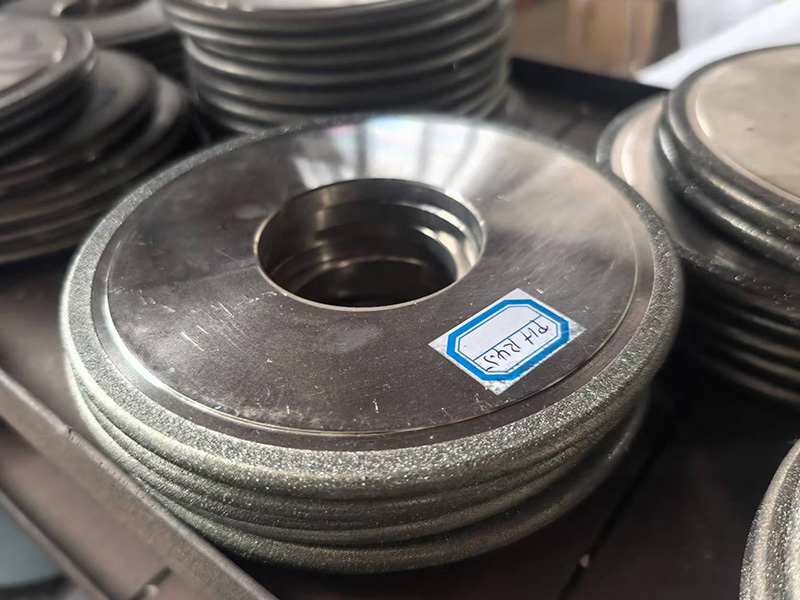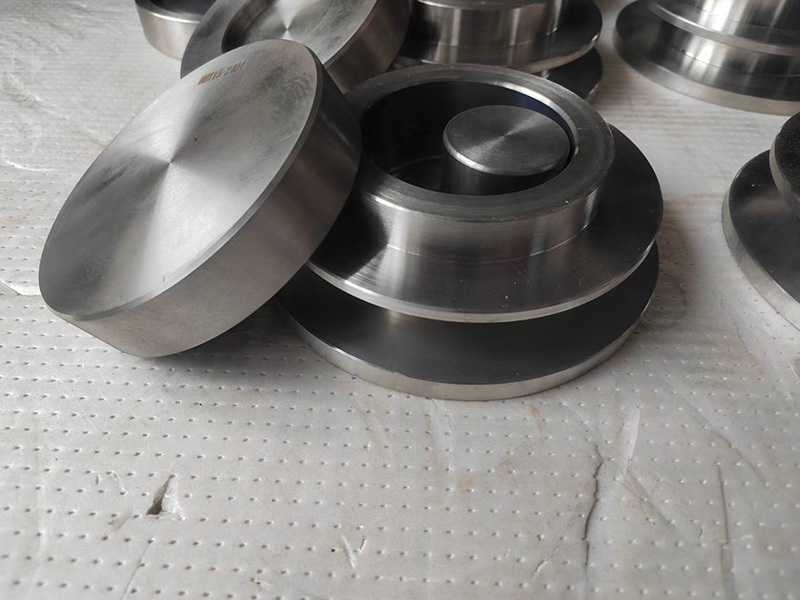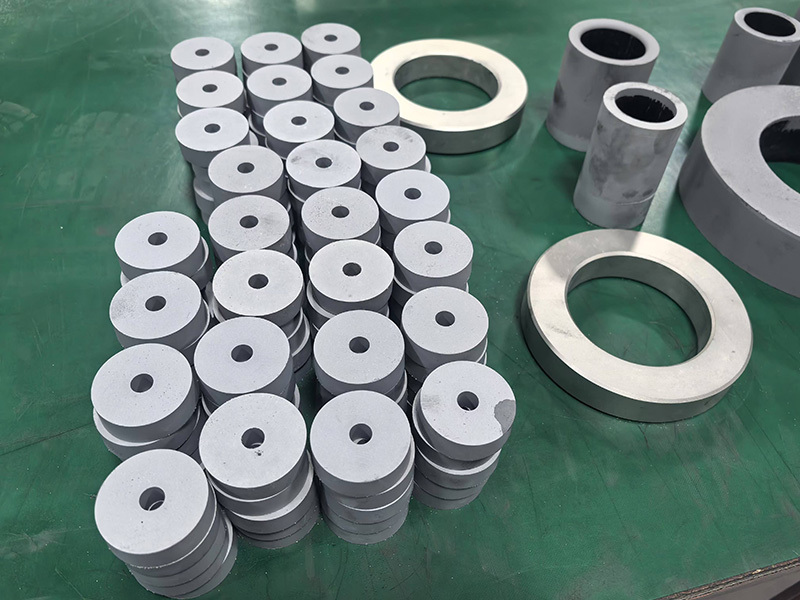Unraveling the Mysteries of Carbide Roll: Common Questions Answered
Introduction to Carbide Roll
Ever found yourself scratching your head over the term "carbide roll"? You're not alone! This little piece of engineering marvel is often overlooked, but it's essential in various industries. So, let’s dive into this fascinating topic and unravel some common questions!
What is a Carbide Roll?
To put it simply, a carbide roll is a type of roll made from carbide materials, commonly used in manufacturing and metalworking processes. Think of it as the unsung hero in the world of industrial tools! These rolls are known for their durability and strength, making them perfect for handling tough materials.
Why Use Carbide Rolls?
Now, you might be wondering, "Why should I choose carbide rolls over other materials?" Well, here’s the scoop: carbide rolls are known for their impressive resistance to wear and tear. They can endure high temperatures and maintain their sharpness much longer than traditional materials. So, if longevity and efficiency are your goals, carbide rolls might just be your best bet!
Common Questions About Carbide Rolls
Let’s tackle some of the most frequently asked questions about these nifty tools!
1. How Are Carbide Rolls Made?
Ah, the million-dollar question! Carbide Rolls are typically made through a process called sintering. This involves combining powdered carbide with a binder material, which is then heated to create a solid, durable piece. It’s a bit like baking a cake, only a lot more technical and way less tasty!
2. Where Are They Used?
Carbide Rolls find their place in various sectors—think steel mills, manufacturing plants, and even some automotive applications. They’re crucial for processes like rolling, shaping, and even grinding materials. So, if you’re in any of these industries, chances are you’ve encountered carbide rolls before!
3. Do Carbide Rolls Require Special Maintenance?
Not really! While they’re tough cookies, a little care goes a long way. Regular cleaning and proper storage can help extend their lifespan. And hey, always follow the manufacturer's instructions for best practices—better safe than sorry!
4. Are Carbide Rolls Expensive?
It’s a fair question! While carbide rolls may have a higher upfront cost compared to other materials, their durability often means you’ll save money in the long run. Think of it as a wise investment—like buying quality shoes that last for years instead of cheap ones that wear out in months.
How to Choose the Right Carbide Roll
Choosing the right carbide roll can feel overwhelming, but don’t fret! Here are a few tips:
- Understand Your Needs: What will you be using it for? Different applications require different types of rolls.
- Research Suppliers: Look for reputable manufacturers that provide detailed specifications.
- Ask for Recommendations: Don’t hesitate to consult industry experts or colleagues for advice!
Conclusion
And there you have it! A quick overview of carbide rolls and the common questions surrounding them. Whether you’re a seasoned professional or just starting in the industry, understanding these tools can enhance your efficiency and productivity. So the next time someone mentions a carbide roll, you can nod knowingly and perhaps share a few of these insights!
Tags:
Related news










